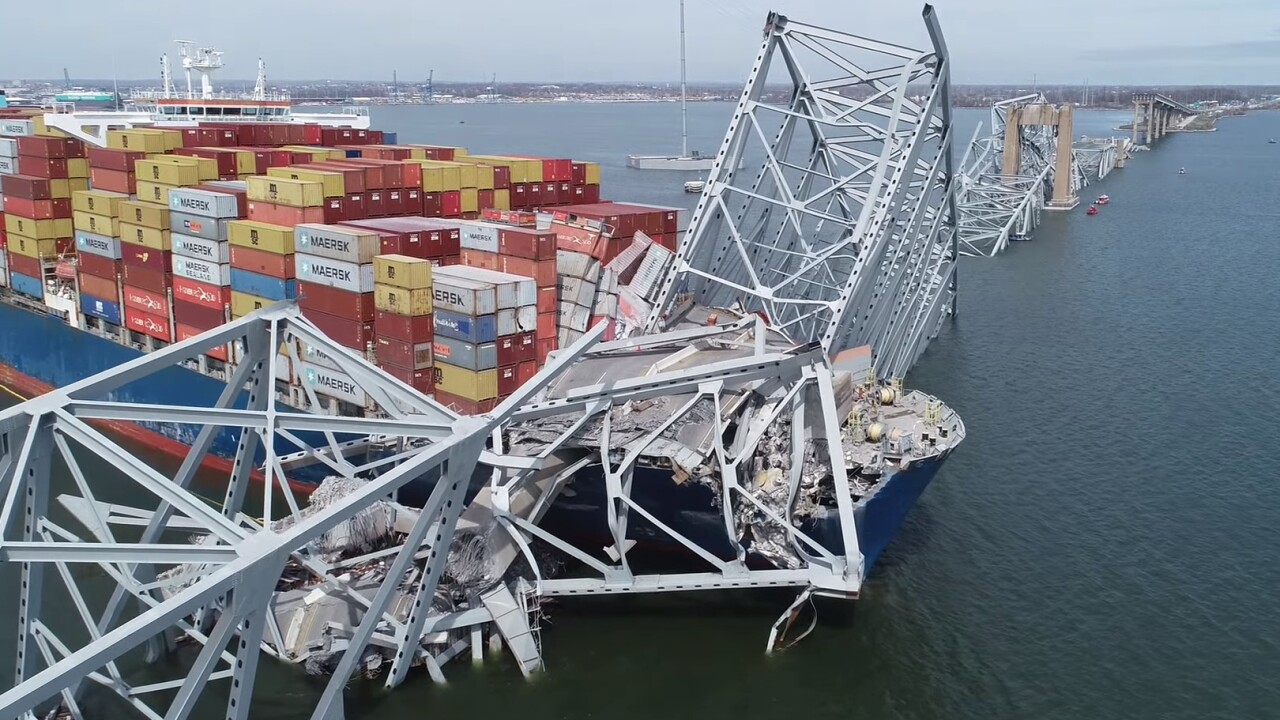Tension between New York's governor and the president of the Metropolitan Transportation Authority's transit division bubbled over as the MTA awaits approval on its record five-year, $51.5 billion
Andy Byford, who heads thedivision that operates subways and buses in the five boroughs, resigned and then reconsidered, according to reports that said Byford was reluctant to run point on service cuts or layoffs, or organize Gov. Andrew Cuomo's technology-themed conferences.

Looking to stage a unified front, the MTA issued a statement from Byford on Friday.
“I’m not going anywhere," Byford said. "I remain laser-focused on improving day-to-day service for millions of New Yorkers and delivering a transformed transit network. ... The governor and I are exactly on the same page about the need to dramatically improve the transit system in New York."
Byford, normally outgoing with media, sidestepped reporters during Monday's board transit and bus committee meeting on Monday. He discussed agenda items such as the pending capital plan, train times and elevator installations.
Board members did not mention the drama.
"Andy is not going to be available today for questions," MTA communications director Tim Minton told reporters. Some public speakers implored Byford to stay.
The website Politico
The MTA is one of the largest municipal issuers with roughly $44 billion of debt including special credits, according to internal documents.
Clearly, a rift between the normally ebullient Byford and Cuomo, who hired Byford two years ago, has been simmering the past few months.
Trigger points have included the governor's intrusion in the Canarsie Tunnel L-train reconstruction and a reorganization plan that removed Byford from oversight of capital construction projects and also stands to crowd the MTA's C-suite with new positions including chief transformation officer.
The developments have prompted repeated media questioning to MTA Chairman Patrick Foye about whether Byford is being effectively sidelined.
"I think Cuomo kind of wants a dysfunctional chain of command," said Nicole Gelinas, a senior fellow with the Manhattan Institute for Policy Research. "There's this whole thing about how Cuomo doesn't want Andy Byford to have too much power because he doesn't like Byford, but I don't think that's the case.
"I think he doesn't want any one person to have too much power. He doesn't want anyone to have leverage over him, the governor."
Byford touted his Fast Forward modernization plan for the subway system last Tuesday at the American Public Transportation Association conference in Midtown Manhattan.
Byford, British-born and the former head of transit systems in London, Sydney and most recently, Toronto, is widely popular among transit advocates and wields a reputation beyond New York. "Andy Byford, come to SEPTA," one Philadelphia transit advocate
"Andy Byford has brought renewed focus and energy to transforming New York City Transit," said Lisa Daglian, executive director of the watchdog Permanent Citizens Advisory Committee to the MTA. "He's the man with the plan — and now the funds — and riders need him here to finish the job he started and make Fast Forward a reality."
As a state review panel vets the capital program, questions linger about whether the program will be fully funded, given such variables as state, city and federal funding, and a looming recession.
“Some of the assumptions that are built into this capital program are worrisome for me, for example, taking out an additional $10 billion in debt over the life of the program,” MTA board member Veronica Vanterpool said.
Roughly 16% of its annual operating budget — proposed for next year at $16.8 billion — goes to debt service. The authority operates on a calendar year.
“We have brilliant finance people at the MTA who are innovative and creative in how they think about financing our capital program and the allowances that they make. But it certainly worries me that during this same period of time we’ll not going to be retiring $10 billion of debt. We’ll certainly be retiring debt but not at the same amount.”
The MTA has faced a series of crises over the past two years, including breakdowns, outages, station flooding and frequent reports of overtime abuse.
Its inspector general's office reported last week that four Long Island Rail Road employees made a combined $651,000 in overtime in 2018. The
LIRR President Phillip Eng has ordered an executive-level review of overtime, he said Monday.





